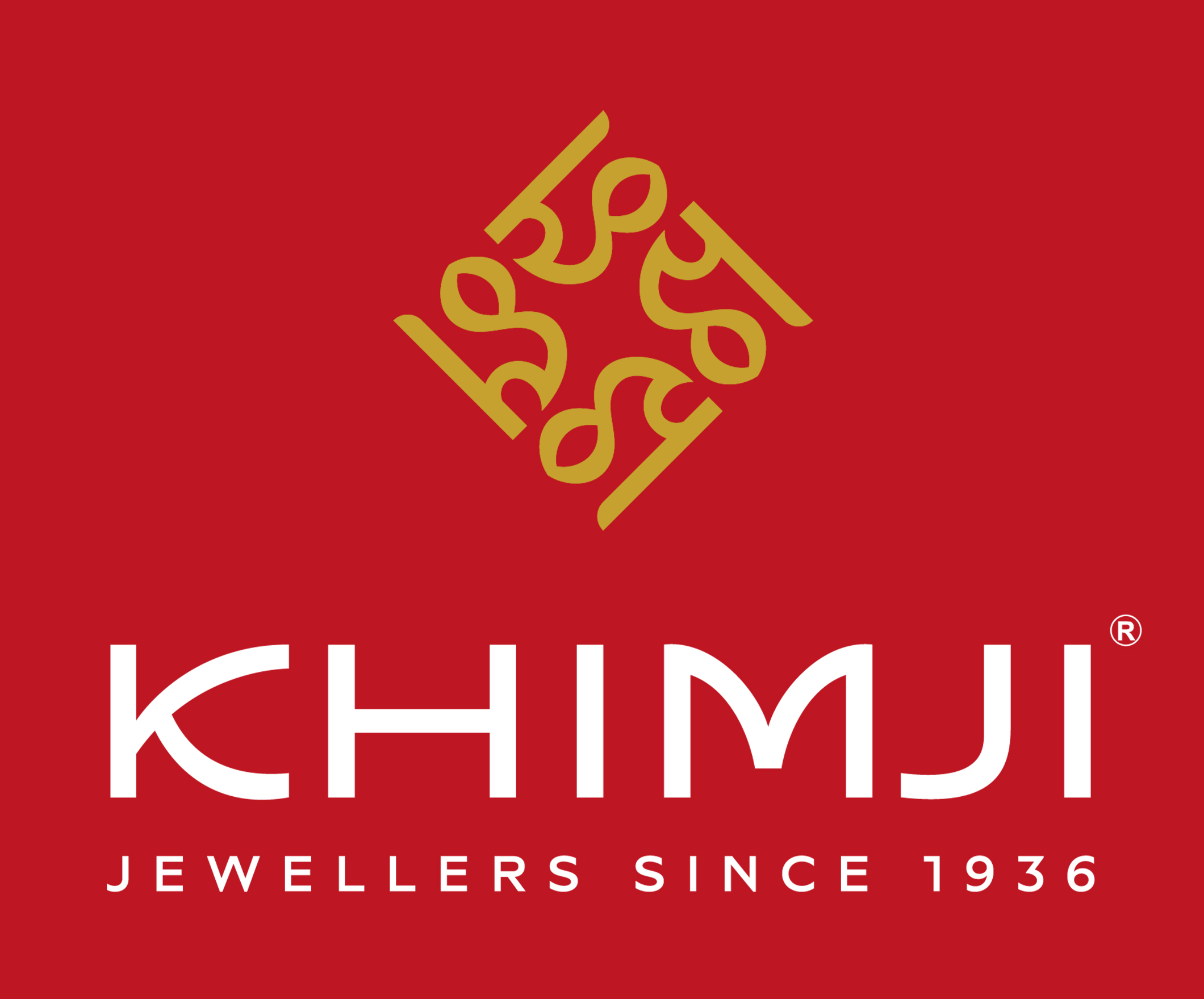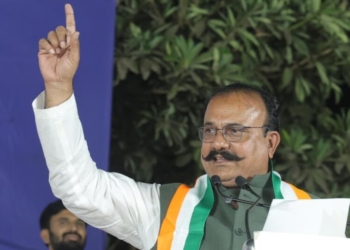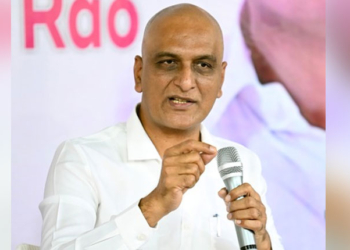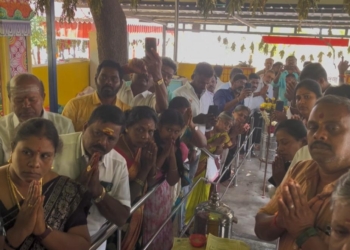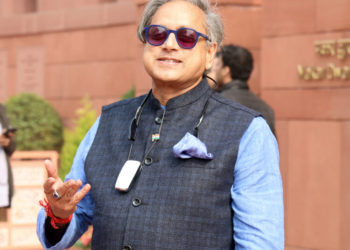Thiruvananthapuram: Kerala has stepped up its drive towards self-sufficiency in milk production with heavy investments and farmer incentives, even as the Kerala Co-operative Milk Marketing Federation (KCMMF), popularly called ‘MILMA’ prepares to revise procurement prices.
Replying in the Assembly, Animal Husbandry and Dairy Development Minister J. Chinchu Rani on Thursday detailed the state’s spending and output trends, underscoring milk as a key focus of the farm economy.
In 2024–25 alone, Rs 16.24 crore was spent on milk shed development projects.
Over the last three financial years, Rs 121 crore (2021–22), Rs 140 crore (2022–23) and Rs 132 crore (2023–24) were mobilised through local self-government institutions, totalling Rs 393 crore, with almost 95 per cent of panchayats participating.
Direct financial benefits to farmers were substantial. MILMA and its unions disbursed Rs 157.99 crore as additional milk price, along with Rs 96.8 crore on welfare measures, besides subsidies on cattle feed to lower production costs.
In all, Rs 254.79 crore was channeled to farmers in 2024–25, a factor credited with the steady rise in milk production from April 2025 onwards.
Kerala’s procurement price for milk stands at Rs 43.17 per litre, the highest in South India. In comparison, Tamil Nadu pays Rs 34.72 and Karnataka Rs 35.20 per litre.
While the higher rate benefits local producers, the state faces stiff market pressure due to inflows of cheaper milk from neighbouring states, which threatens to undercut MILMA’s market share.
To counter this, the government has directed that calf procurement schemes be implemented mandatorily in 50 focus blocks, identified as leading milk-producing zones, with the aim of scaling up production and reducing dependence on outside supply.
The Minister reminded the House that, under a 2011 Kerala High Court ruling, the authority to revise milk prices lies solely with MILMA.
A five-member committee has recommended a farmer-friendly hike, which the federation is expected to implement shortly to protect Kerala’s producers from external competition.
Alongside price measures, schemes such as ‘Ksheera Grama’ in selected panchayats, calf rearing parks, healthcare packages for cows, and special projects for plantation and fisher families are being used to sustain production growth.
Officials stressed that these combined steps are already delivering results, reinforcing Kerala’s progress towards milk self-sufficiency.
(IANS)



